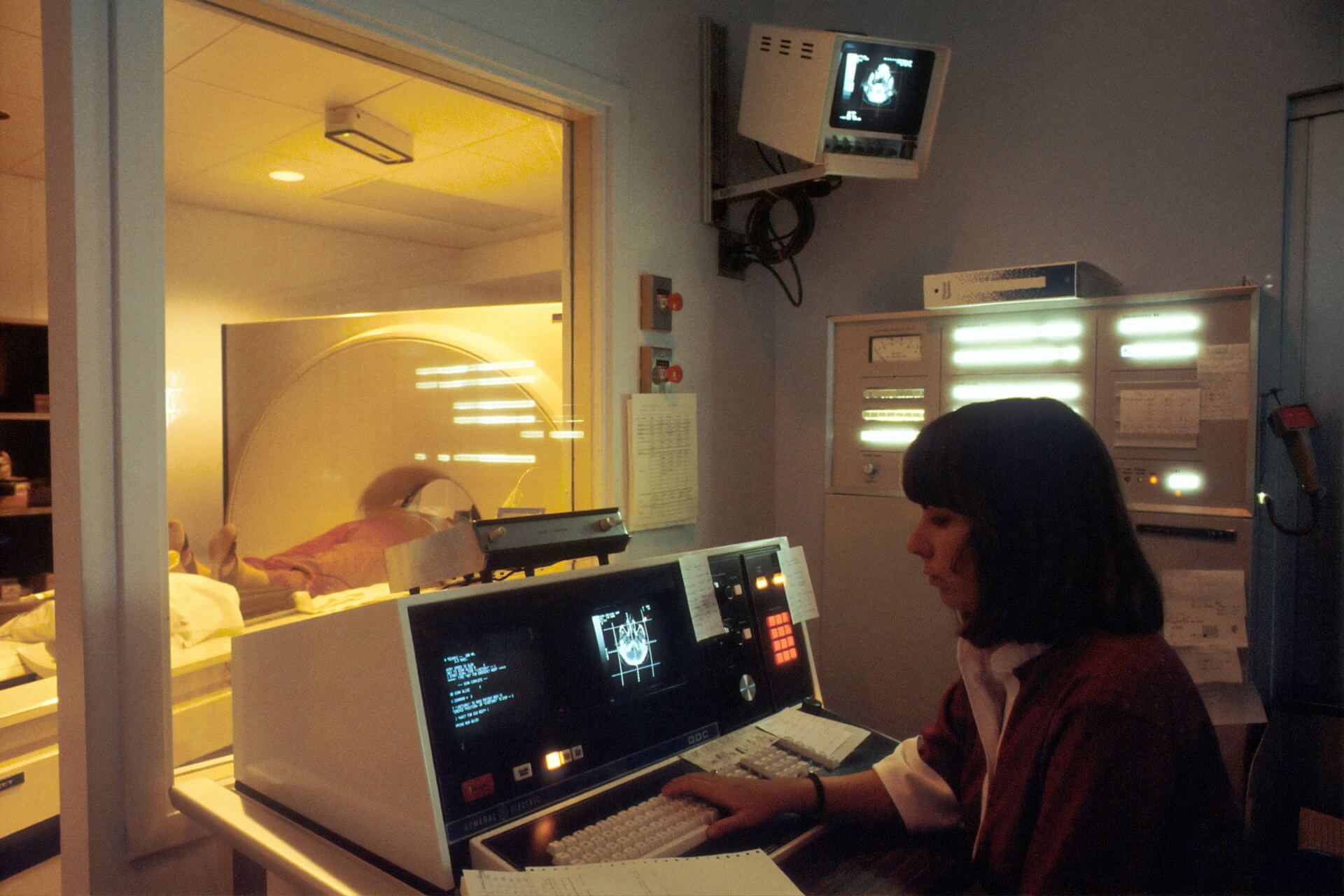
Becoming Immortal: Can Humans Stop Aging?
May 19, 2022 - Ellie Gabel
Revolutionized is reader-supported. When you buy through links on our site, we may earn an affiliate commission. Learn more here.
“Tis impossible to be sure of anything but Death and Taxes.”
– Christopher Bullock, The Cobler of Preston, 1716
Whether you attribute the quote to Benjamin Franklin, Mark Twain or its original author, the idea that each new human born comes with a finite number of days has been engrained in our DNA since the advent of the human race. Death is an unavoidable part of life, and barring any unforeseen accident or complication, age is one of the primary culprits. A human being can live the healthiest lifestyle possible, but they will continue to age and eventually die.
Modern medicine has moved the goalposts considerably, increasing the human average human lifespan. Some experts believe that at the beginning of the 19th century, the average global lifespan was around 40 years. Today, the average human can live more than 70 years, with some outliers quickly reaching their first centennial.
Age is the enemy of immortality. If we could figure out how to make humans stop aging, could we achieve immortality? Can humans stop aging?
The Quest for Immortality
“In your world, people are used to fighting for resources like oils or minerals or land. But when you have access to the vastness of space, you realize, there’s only one resource worth fighting over – even killing for. More time.” – Kalique Abrasax, Jupiter Ascending.
As long as humanity has been around, we’ve been looking for ways to add more time to our biological clocks. A finite existence means that we’ve got a limited amount of time to find love, have children and leave our mark on the world. For most people, especially those that prescribe to modern religions, the idea of immortality is tied to their spirituality. People will shape their lives so that they can protect their immortal souls. These don’t age — and very well may not exist — but it gives people hope that there is something other than blackness beyond the end of their physical existence.
We’ve limited the idea of physical immortality to science fiction and fantasy platforms. If we could stop the aging process, physician immortality could become possible. Now, it’s essential to note that this wouldn’t make us invulnerable. We could still become ill or injured and die as a result, but we could take dying of old age off the table.
What Makes Humans Age?
Why do humans age? To understand the aging process, we need to understand the human body on the cellular level. From the very beginning, we’re the product of cell division. Once the egg and sperm cell join, they begin to divide, first becoming two cells, then four, then sixteen. This process is called mitosis and happens in every multicellular organism. The process continues, with cells dividing and duplicating until they eventually form a human embryo and, later, a baby.
The chromosomes inside each cell help determine its final shape and each chromosome is capped with a cell called a telomere. These cells are our ticking biological clock. Each time a cell divides, those telomeres shorten slightly. Once they reach their critical length, the cells stop dividing and die. This stopping point is known as the Hayflick limit.
Functional Immortality
We’ve observed some multicellular organisms that are functionally immortal. Hydra, a species of invertebrates, is made up of stem cells that constantly replace old cells with new ones, slowing or even stopping the aging process. Unfortunately, this sort of replenishment is more manageable in small invertebrates with no organs. Human bodies are too complex, though there have been instances where human cells can replicate indefinitely.
HeLa cells belonged to a cell donor named Henrietta Lacks. Doctors collected tissue samples during her cervical cancer treatment and gave some of those samples to researchers. To this day, HeLa cells are the only line of human cells known to science that has been able to reproduce indefinitely. While Lacks died in 1951, her cells live on and have become an invaluable tool in scientific research.
We’ve even seen telomeres lengthen under some conditions. Astronauts Mark and Scott Kelly are identical twins, and in 2015, Scott spent a year on the International Space station while Mark stayed on Earth. The experiment was the first of its kind, comparing the differences between the twins after an extended period in microgravity. One of the side effects NASA found was that Scott’s telomeres, those chromosome caps that determine age, were longer than his brother’s after a year in space.
Can Humans Stop Aging?
Humans are spending $110 billion a year on the anti-aging industry. We’ve seen studies looking at everything from gene therapy to blood transfusions from younger individuals as a tool to slow the aging process — and those are just in the last couple of years. A new study suggests that the concept of eternal youth will be forever outside our reach. This study from the University of Oxford found that due to biological constraints, aging — and eventual death — are both inevitable.
That isn’t likely to stop us from trying to find the key to eternal youth and immortality. It might not be an option for the current generation or even the next few generations.
Will We Ever Become Immortal?
Can humans stop aging? Currently, the answer is no. We’ll keep looking for ways to retain our youth and slow the aging process, but as it stands, human existence on this planet is finite. All we can do is make the most of it.
Revolutionized is reader-supported. When you buy through links on our site, we may earn an affiliate commission. Learn more here.
Author
Ellie Gabel
Ellie Gabel is a science writer specializing in astronomy and environmental science and is the Associate Editor of Revolutionized. Ellie's love of science stems from reading Richard Dawkins books and her favorite science magazines as a child, where she fell in love with the experiments included in each edition.







